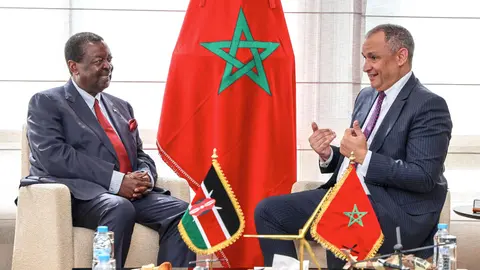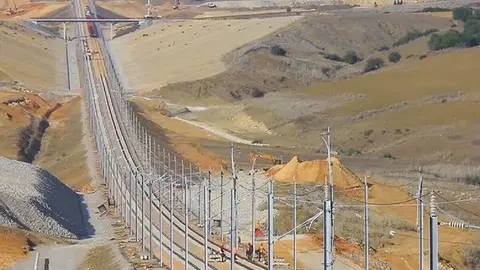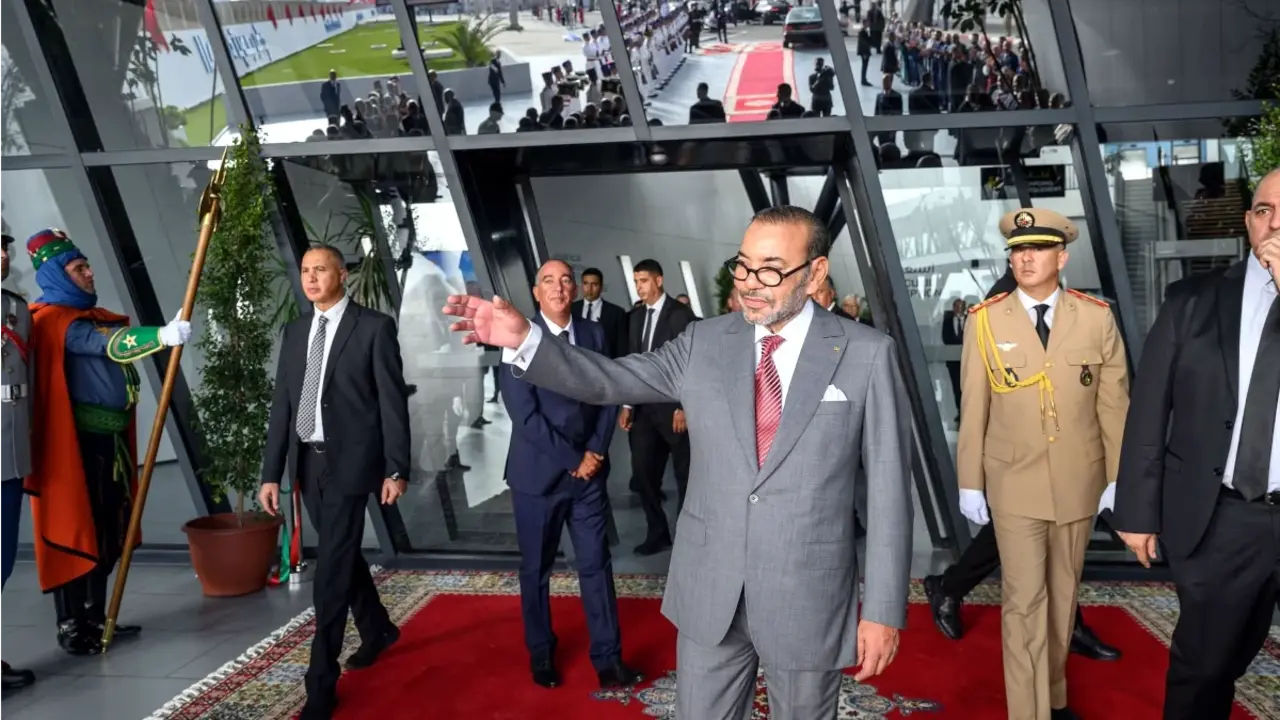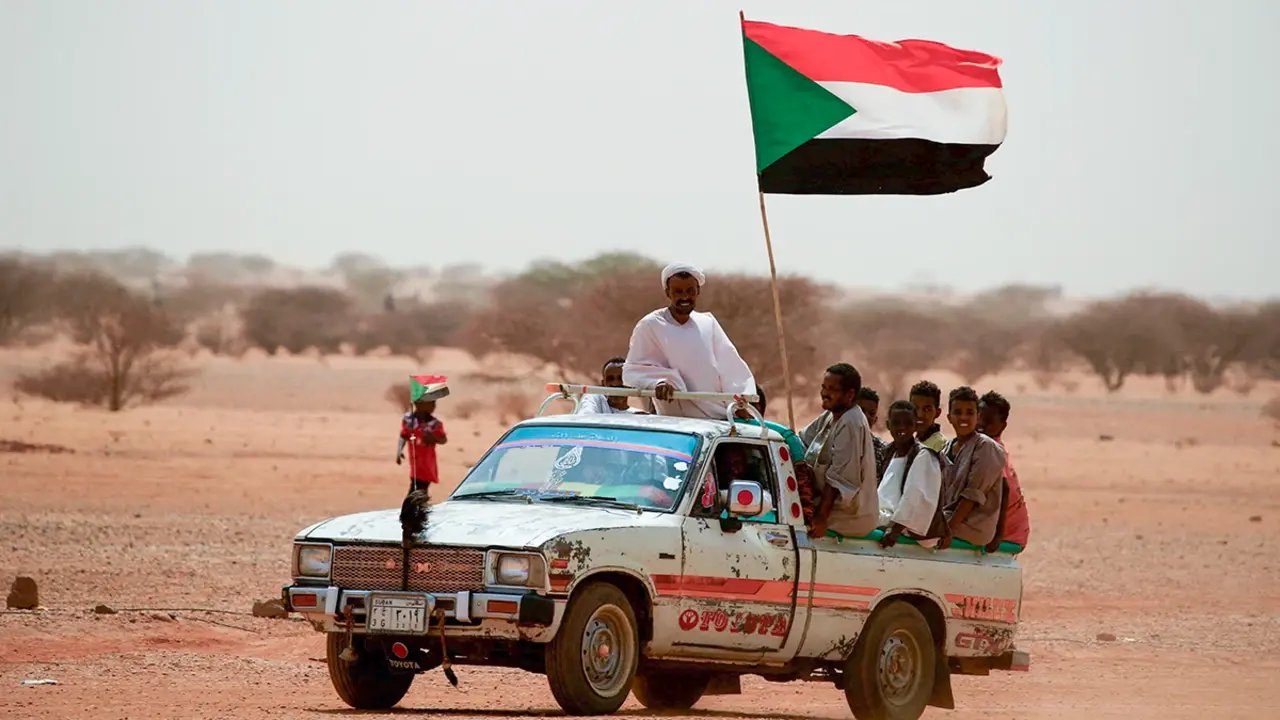Southern Africa, digital and wild
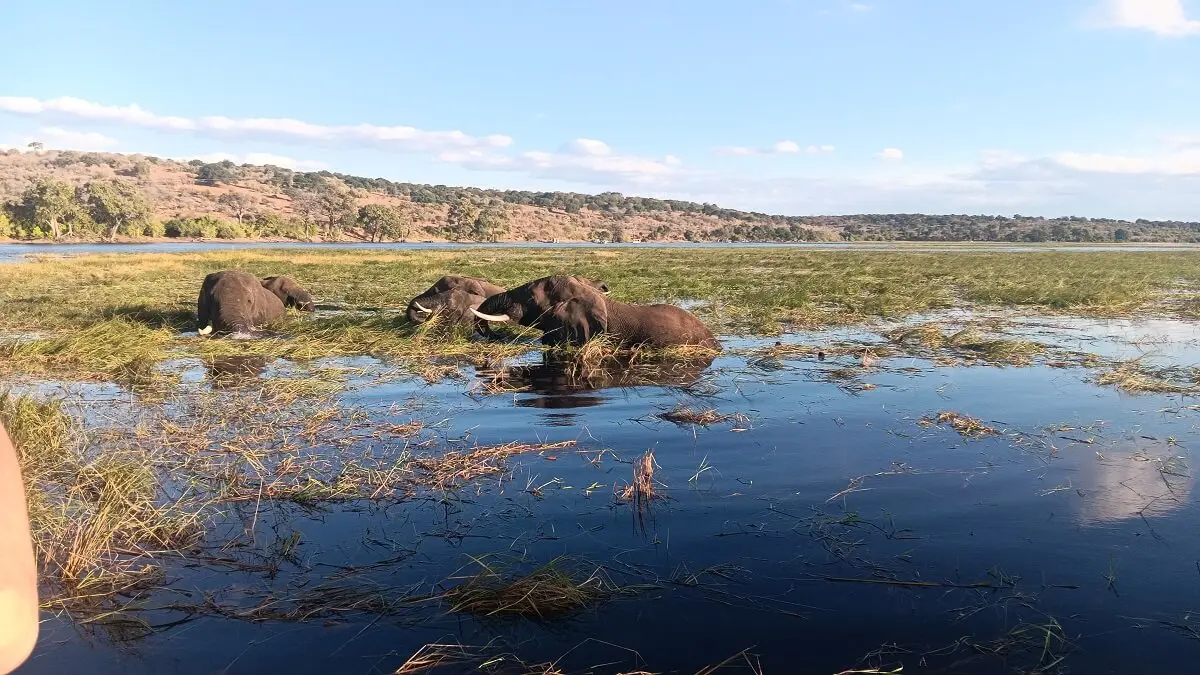
Southern Africa, between digital technology and extreme wildlife protection. Between nature and technology. Both options are decisive for the future of Southern Africa, a part of the continent that has become a veritable laboratory for animal species with successful protectionist formulas, while seeking prosperity through tourism, with formulas that combine technological progress and the conservation that is required.
A few weeks ago, the European Union and the Malawi Ministry of Tourism signed a 2.4 million euro agreement to promote ecotourism in this southern African country, an area committed to finding a formula for the future for these countries. The TAZA (Tikope Alendo ndi Zachilengdwe) project focuses on developing inclusive tourism projects for rural communities, especially for women and young people. They want Malawi to be an ecotourism destination in national and international markets.
In south-west Africa, the aim is precisely to combine tourism development that brings prosperity to its inhabitants with the protection of wildlife and a biodiversity and ecosystems that are unique in the world.
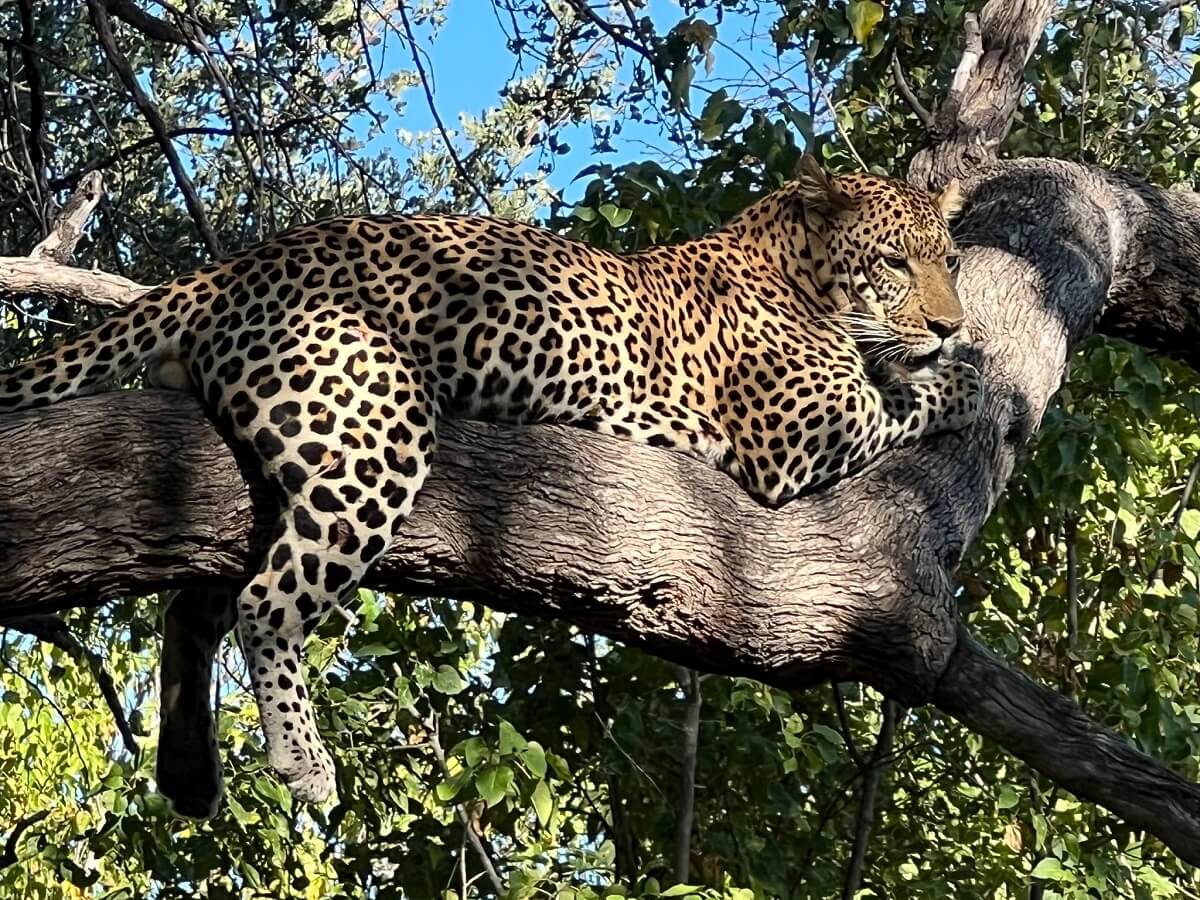
Recently, the World Wild Foundation (WWF) welcomed the presentation of a study coordinated from Kasane (Botswana) which, after inspecting 40,000 miles of the KAZA cross-border conservation area, reported a stable elephant population slightly higher than in the last census ten years ago. Today, there are 226,900 elephants in this region, the largest concentration on the continent. The last census (2014-2015) estimated this population at 217,000, while between 1984 and 2010, the population of pachyderms in Kaza increased from 40,000 to 132,000.
KAZA, the world's largest cross-border reserve, larger than Spain, is a huge natural laboratory that delights travellers who come to this part of the world - city dwellers need not apply - and encompasses part of the territory of Zimbabwe, Botswana, Zambia, Namibia and Angola, brought together in this official area by decision of their governments in 2011 to carry out an experiment aimed at protecting wildlife and preventing the extinction of species that were seriously endangered at the time. Nowadays, it is often described as a paradise, and certainly as ‘an elephant's paradise’. Things that happen far away from our societies, although not so far away.
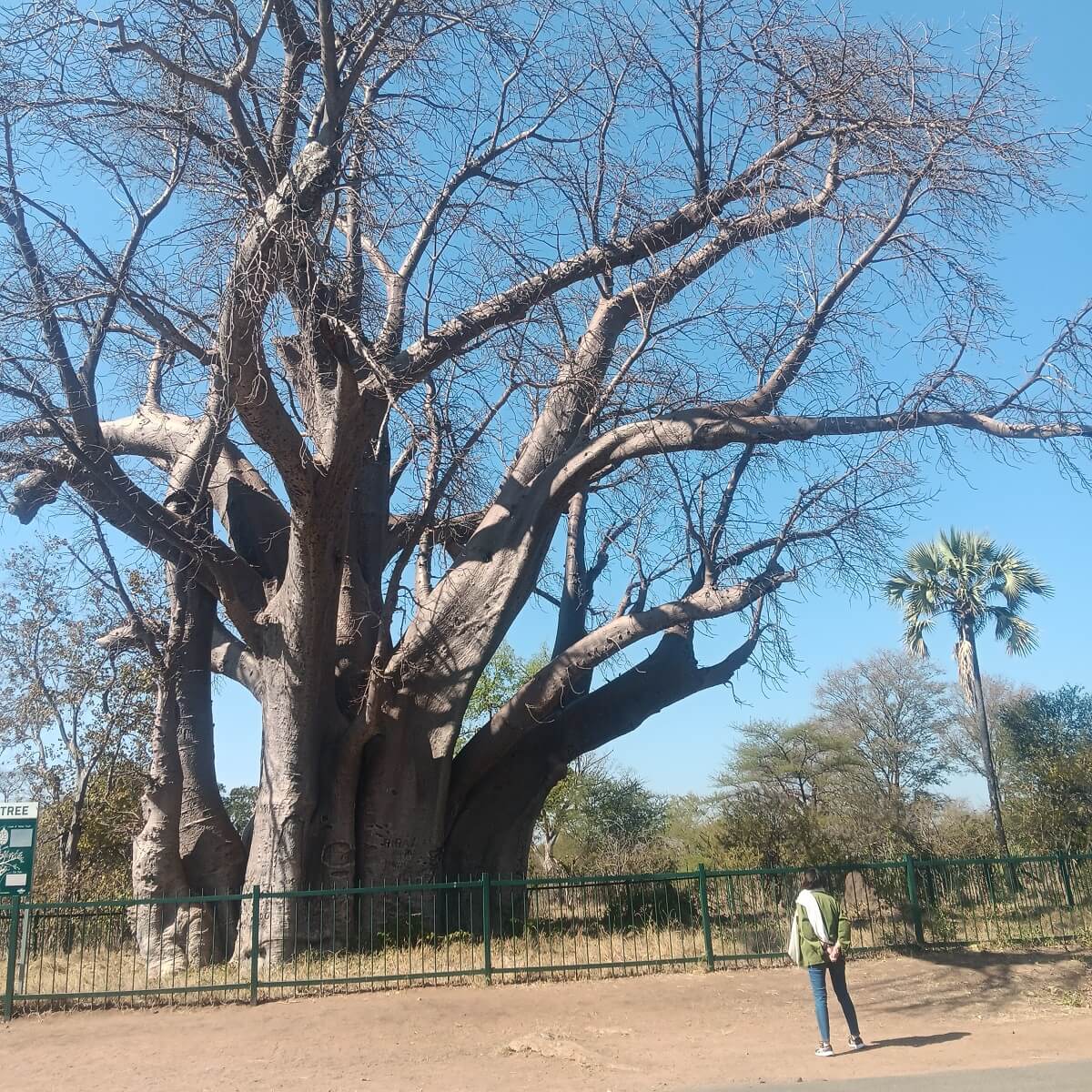
Kaza is larger than Spain (Spain measures 506,030 km² and Kaza 519,000 km²), located in the Okavango and Zambezi river basins, where an environmental policy free of fences is practised and where tourists/visitors live alongside wildlife like nowhere else. It is a particularly privileged place for observing elephants, where travellers live each day at the pace of nature and are then welcomed with care in lodges and establishments that make you forget any hardships of the wilderness, if there have been any during the day. The activity begins before dawn and the guides track the trails to offer the best possible view of the animals, alone or in herds, to those who have travelled from afar to experience nature in its purest form.
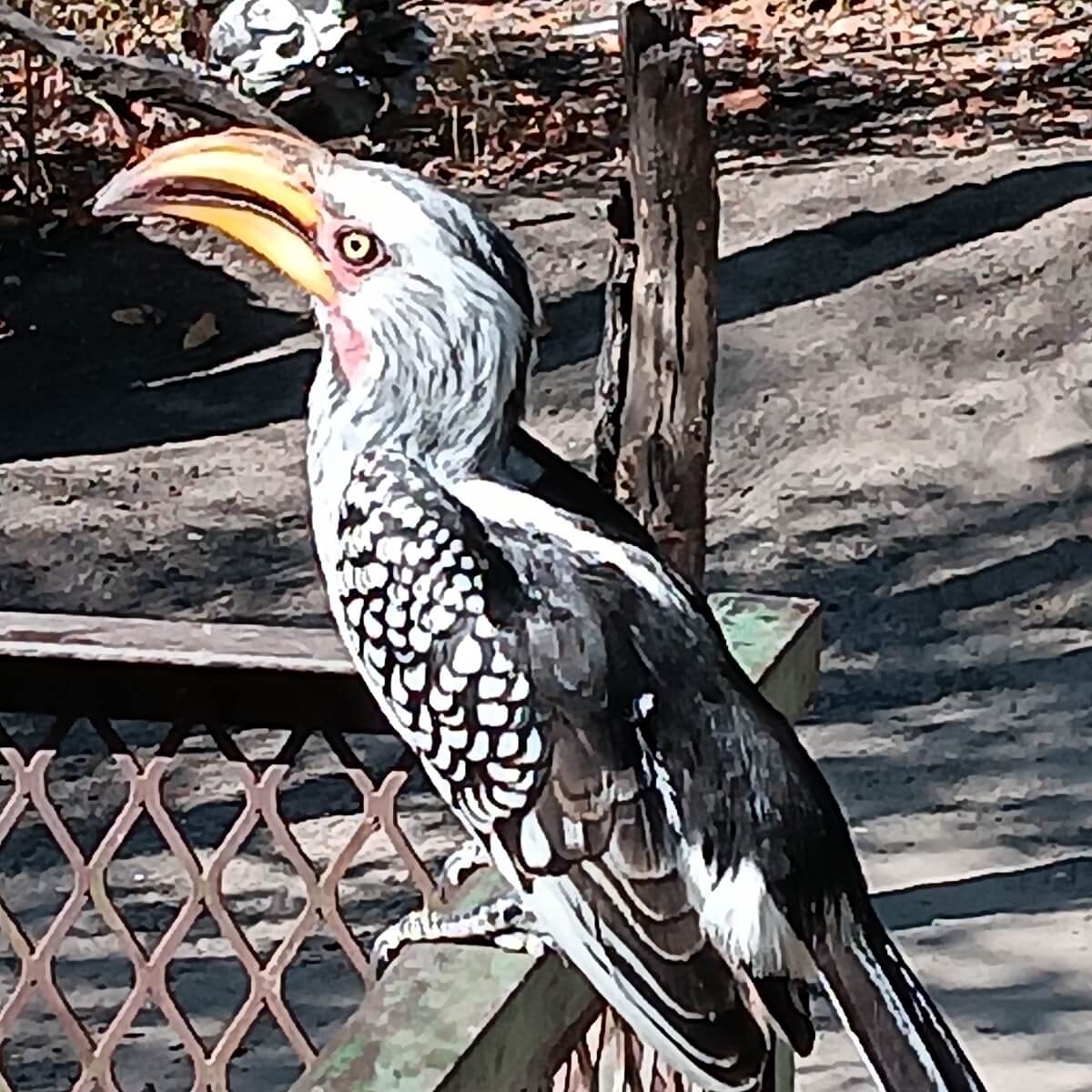
Travelling along the Kwai River or the dry riverbed of Boteti, the Okavango Delta (a World Heritage Site since 2014), the Moremi or Chobe reserves allow you to experience being another protagonist in the cycles of nature, to follow live the relationship between species, peaceful or deadly, throughout the day: to learn how their communities are organised, how they defend themselves, how they protect their families and their young, which is the most feared... Everything takes place before your eyes and you become another protagonist in a documentary.
The other side of the coin of these positive results for conservationists is that this increase in numbers leads to invasions of farmland, livestock and residential areas, turning these animals into enemies of the local population, who lose their livelihoods in a matter of minutes.
So, in this territory, as in others on the continent, work is being done to protect biodiversity and wildlife while also protecting the livelihoods of the population. Is there a solution to this dilemma? One solution has been sought for many years and is being implemented in some places, with institutional support, which is to involve the local population in the management of protected reserves and the tourism projects that have proliferated in recent years. Most countries in the area share this problem, although each one also manages its own particular issues.
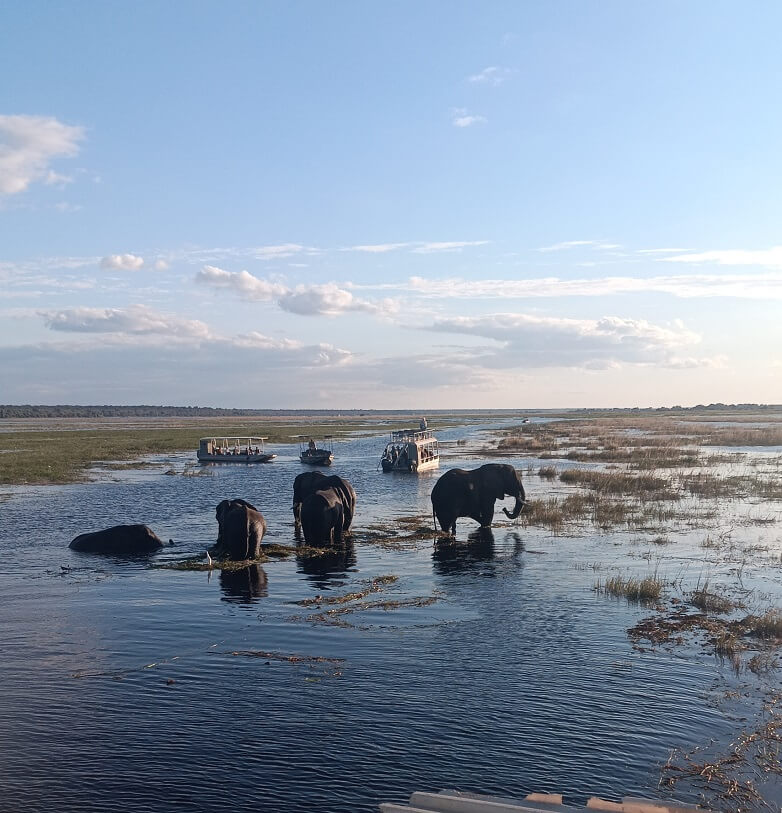
Diamonds without boycott
Botswana, for example, a country larger than Spain with just 2.4 million inhabitants, the country with the highest standard of living in the region apart from South Africa, and with the largest elephant population on the continent, is focusing its upcoming strategic government plans on promoting sustainable, high-quality tourism. But Botswana also has a different reality called diamonds.
Its political and social stability and standard of living were achieved mainly in 1966, after independence from the United Kingdom, with the discovery of diamond mines on its territory, but today the authorities are on alert because they are aware that the deposits will be exhausted in a few decades and because they already have to compete in the markets with laboratory-grown diamonds. Since November 2024, Botswana has been governed by the Coalition for Democratic Change after six decades of rule by the Botswana Democratic Party.
This government is already pursuing protectionist policies, but it is also controlling diamond production through agreements signed with De Beers, the South African company that, together with the Gaborone government, has been mining the country's diamonds for decades. The latest and most recent negotiations, which lasted six years, have given the Gaborone government a boost by increasing its share of the exploitation, while both partners benefit from the current boycott of Russian diamonds. According to industry sources, the diamond business (30% of GDP) generated 2.8 billion dollars (2.625 billion euros) in revenue for Botswana last year and, according to the IMF, accounts for 90% of its exports. Over the next five years, the country's share in the mines will rise to 40% and De Beers will extend its mining licences until 2054.
Meanwhile, Botswana is banking on a significant source of income from its priceless protected areas such as the Okavango Delta, the Kalahari Desert and its national parks.
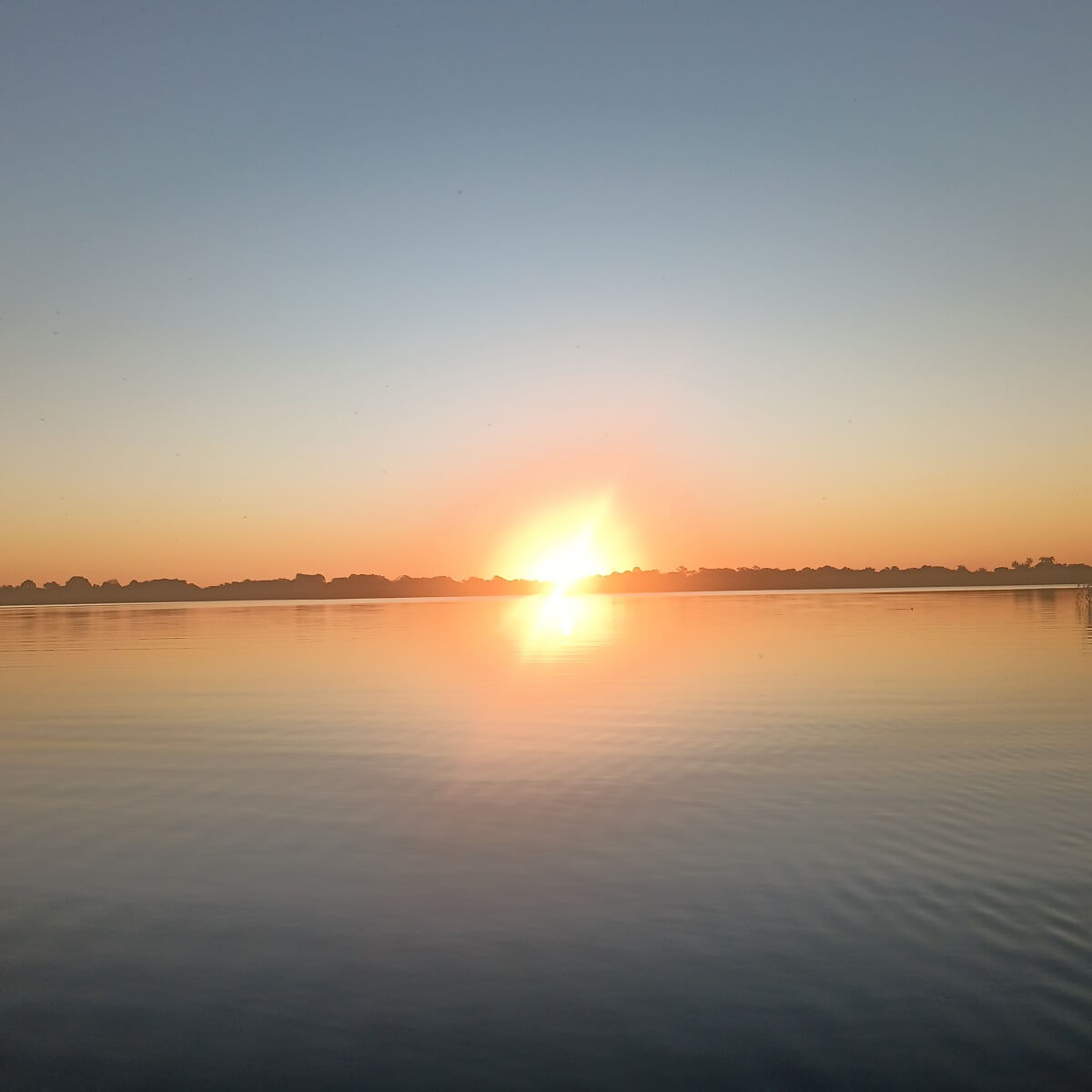
Waterfalls and smart villages
Other countries in the region are also trying to combine technology with wildlife. Zimbabwe and Zambia are examples of this. More than a million people visit Victoria Falls every year. Shared geographically by the two countries, they are also a journey into British colonial history, to the time of the first explorers and the first European communities in the area. Visitor numbers increased by 83% in 2024 after easing visa policies, investing in airports and launching marketing campaigns, which increased revenue by 22% in that year.
Zambia receives around 130,000 visitors on its side of the falls to admire this natural monument, but it is also beginning to take an official interest in technology in its territory. Its government has signed agreements on sustainable energy, the digitisation of financial services and even the regulation of cryptocurrencies, as part of the Global Smart Village Showcases project led by the Zambian Ministry of Technology and Science and Huawei, bringing forward new modes of digital transformation for villages across the country. Under this umbrella, Zambia's first smart village has been unveiled, providing internet and electricity, telemedicine and distance learning.
At the same time, it is jumping on the ecotourism bandwagon and aims to increase the number of visitors by 35.3% in international arrivals (2.19 million) by 2024. The Zambia Green, Resilient and Transformative Tourism Development Project is the framework for many initiatives in the sector with a budget of $100 million financed by the World Bank. The same organisation estimates that poverty will affect 60.0% of the population in 2022, and 78.8% of the rural population.
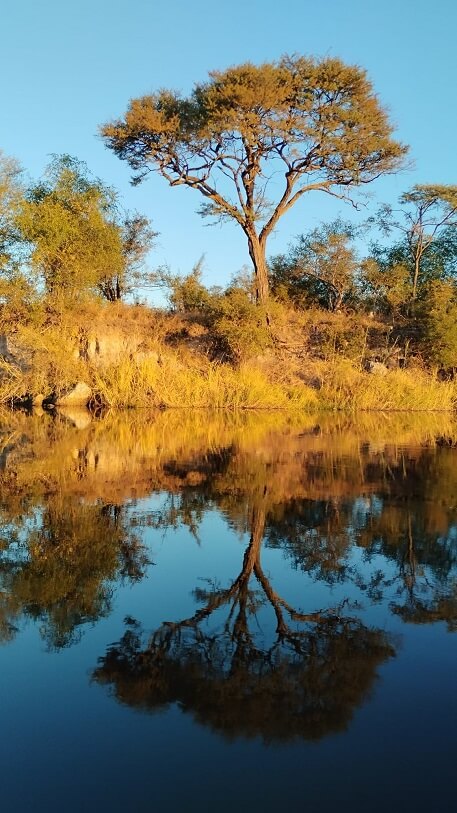
In South Africa, the powerhouse of southern Africa, which receives more than 8 million visitors each year, the authorities have opted to combine tourism and technological transformation, mainly through micro-enterprises and SMEs with innovative proposals. The government has put forward proposals based on artificial intelligence ‘to enhance the tourist experience and promote sustainability’.
In fact, AI is already being used to monitor animals such as rhinos in Addo Elephant National Park, where specimens of this species wear collars with AI technology that allows potential dangers to be monitored. These are ‘pioneering initiatives’ by the South African National Parks Department (SANParks).
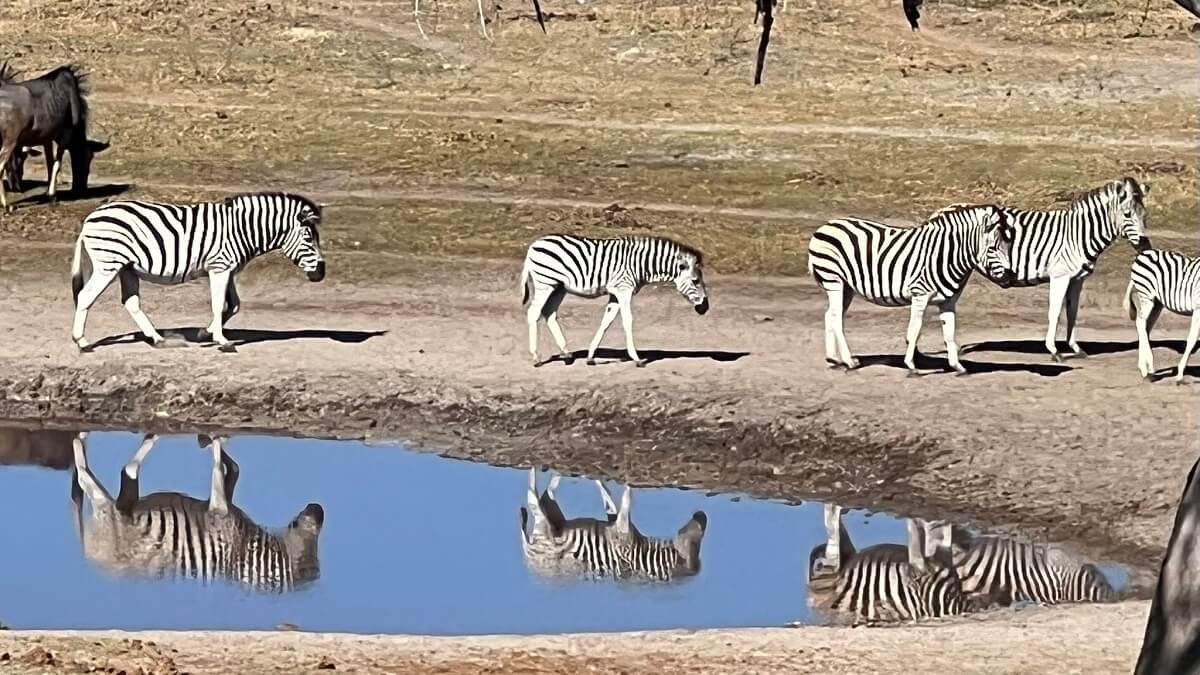
While governments and international organisations are working to stabilise animal species, others are advancing the digitalisation of the continent. Among the many initiatives are those of Smart Africa, an international alliance founded in 2014 with the support of the African Union, representing 41 African countries, which has signed an administrative agreement with the European Commission to structure cooperation in the areas of regulatory cooperation. Specifically, it refers to capacity building and technical assistance, secure digital connectivity and infrastructure, e-governance, e-commerce and technologies including Artificial Intelligence.
For its part, the World Bank (WB) has launched a new programme worth $2.48 billion to increase Internet access and the comprehensive use of digital services for more than 180 million people in eastern and southern Africa. The World Bank is also allocating $300 million to Angola, a country waiting to exploit its tourist wealth after 27 years of civil war, for the Digital Acceleration Project, to increase access to Internet services and promote innovation in government.
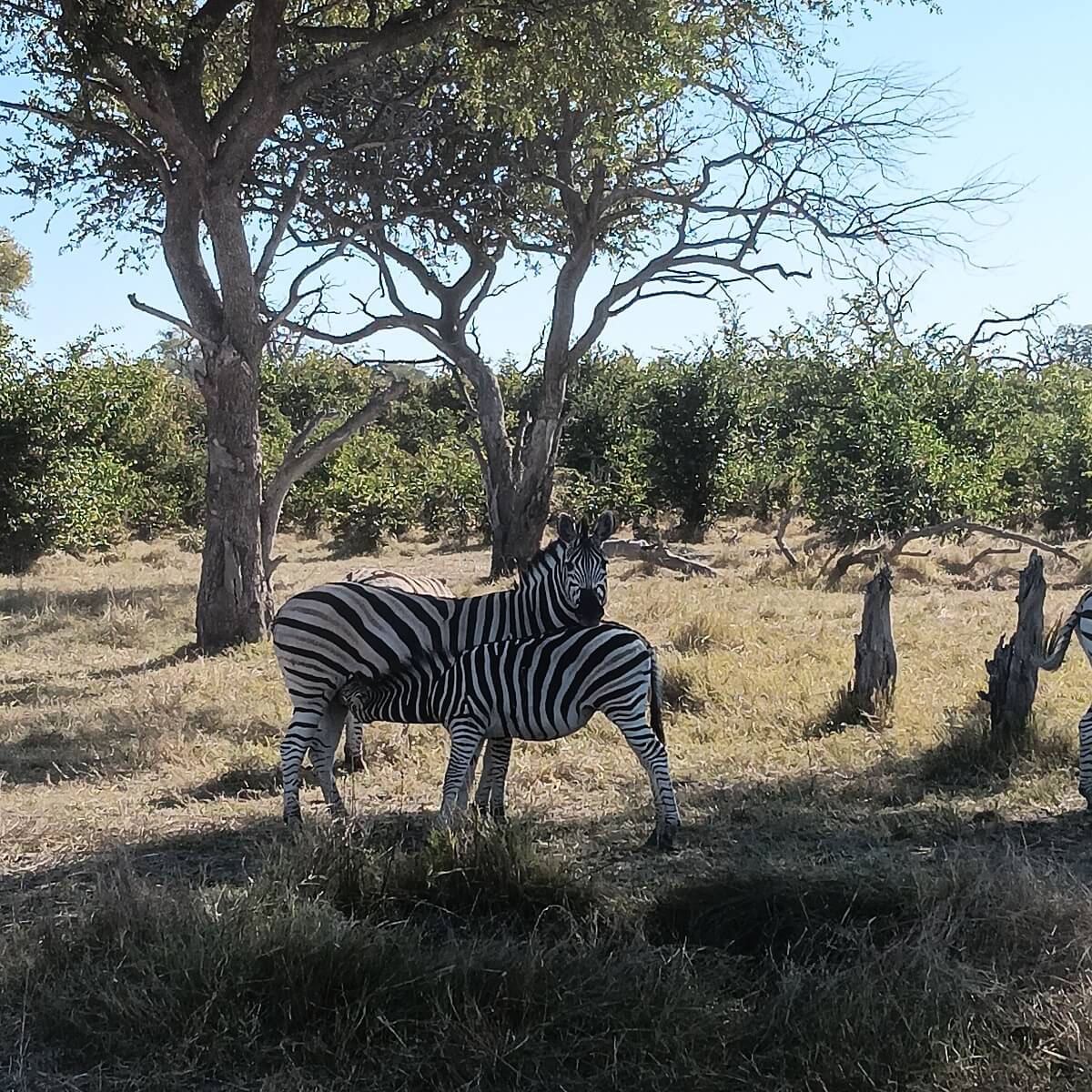
Despite all this, Africa remains a destination of unspoilt nature, wild nature, and still enormous shortages for the population.
Isabel Aizpún Viñes

